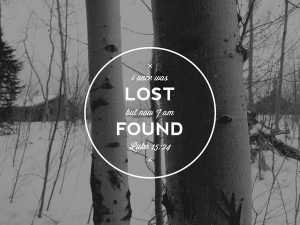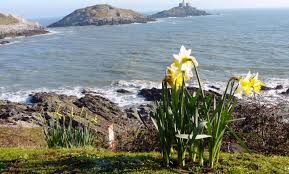Your creation, my creation, our creation,
science’s creation, God’s creation
Whoever, whenever, whatever
One thing’s for sure
It is a marvellous creation
Full of vibration
Full of attraction
Full of energy
Full of parallels and opposites
Natural laws, manmade laws, religious laws,
spiritual laws
One thing’s for sure
It’s a wonderful mystery
slowly being unfolded
Some feel they have all the answers
Some are still searching and others are
just not interested
A magnetic equilibrium of antitheses
Life and death
Day and night
Positive and negative
Richly abundant and barrenly dry
All exist
While we wonder, why, why, why???
Rurkinder-Kaur Sidhu. Kim10@min.com
When I was growing up, the word ‘cosmos’ wasn’t part of my vocabulary. We heard ‘universe’ and ‘galaxy’ spoken of in relation to the world around us – and those ideas were challenging enough to get your head around. My particular world – and yours – has expanded in more directions than one during my lifetime. We were told in high school that electrons and protons were the smallest particles. Now we know that’s not true. And, as the known particles of creation get smaller and smaller, the cosmos gets larger and larger. Everything is constantly on the move. The stars we see in our night sky are not the stars that our first ancestors saw. I still remember an astronomer friend of mine telling me that she always quite enjoyed telling people who believed in astrology, and who rang the National Observatory to get advice from astronomers, that they were a month out of date with their star signs. That’s how far things have moved in the hundreds of years since people began to tell their fortunes from the signs of the zodiac, never mind how far they’ve moved in the thousands of years of human history. Continue reading Cosmos and Catholicity – Creation


